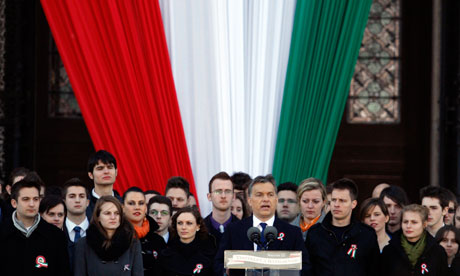Yesterday spent in last commissions for Poetry Review, much ringing round, much enquiring and explaining and hoping. But that part - the asking - is now done with. I can't get more into the prose sections. Details will eventually emerge and normal service will be resumed.
When we moved in to our present house it was still a commercial property - a gift shop to be precise - though the estate agent assured us we just had to apply for residential use and it would be easy. We applied and got turned down (the long story being that I then entered some six months correspondence with local council & everyone else and we got permission for residential use at the end of it)*.
In the desperation & anxiety that followed we asked our immediate neighbour, E, who used to run a craft shop in the centre of Norwich, what it was like running a shop. Her reply was, and I isolate it in its own line for full effect:
'Running a shop is boredom relieved by anxiety.'
We had no intention of running a shop.
I can now say that editing a magazine is anxiety relieved by excitement. Anxiety because you're never sure, if you're new, that you're doing the best possible thing, and excitement because the people you approach to do things often seem quite keen in the end. I realise this may be a fool's paradise.
Anyhow, a day of this is exhausting but also satisfying. In the evening we had the postgrad poets over for long-delayed drinks, those who could come, and a fine time was had by all after a few glasses of wine. I was suggesting to a football lover just off to Barcelona, that he might apply to be poet-in-residence at the Nou Camp. I am not sure why I give my best ideas away like that.
*
And today in London at the Poetry Society. More work, more reading. It is like summer outside. When I get home some more work & phoning, then I sit down to Twitter and do my Friday 'Neglected Poets' series. So far I have had Clough and Beddoes. Today it was Matthew Prior (1664-1721), with whom Auden would have been pleased to picnic on the lower slopes of Parnassus. The man was a dangerous, deeply civilised charmer. Here is a sample with a gorgeous first line:
A Better Answer
Dear Cloe, how blubber'd is that pretty Face?
Thy cheek all on fire, and thy hair all uncurl'd:
Pr'ythee quit this caprice; and (as old Falstaf says)
Let us e'en talk a little like folks of this world.
How can'st thou presume, thou hast leave to destroy
The beauties, which Venus but lent to thy keeping?
Those looks were design'd to inspire love and joy:
More ord'nary eyes may serve people for weeping.
To be vexed at a trifle or two that I writ,
Your judgment at once, and my passion you wrong:
You take that for fact, which will scarce be found Wit:
Od's Life! must one swear to the truth of a song?
What I speak, my fair Cloe, and what I write, shews
The diff'rence there is betwixt Nature and Art:
I court others in verse; but I love thee in prose:
And they have my whimsies; but thou hast my heart.
The god of us verse-men (you know child) the sun,
How after his journeys he sets up his rest:
If at morning o'er earth 'tis his fancy to run;
At night he reclines on his Thetis's breast.
So when I am weary'd with wand'ring all day,
To thee my delight in the evening I come:
No matter what beauties I saw in my way:
They were but my visits; but thou art my home.
Then finish, dear Cloe, this pastoral war;
And let us like Horace and Lydia agree:
For thou art a girl as much brighter than her
As he was a poet sublimer than me.
Note the touch of flattery and modesty at the end. Somewhere between Restoration and Politeness (though not always) with a lovely judicious ear and a light line in ironic propriety. I think Prior would have been a very nice man to know. Not the cricketer, should there be any doubt. Not that he would not be nice, etc.
*My letters of appeal were so eloquent the estate agent offered me a job and the Mayor, with whom we had talked a number of times, asked me to stand as a local candidate. You may imagine what annoyances the world was saved when I declined both offers.



